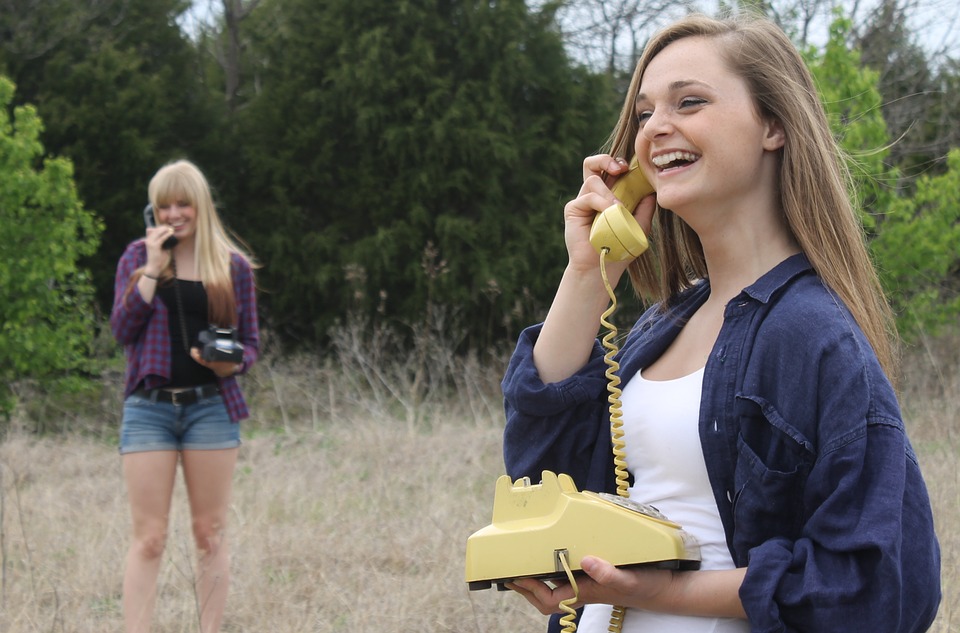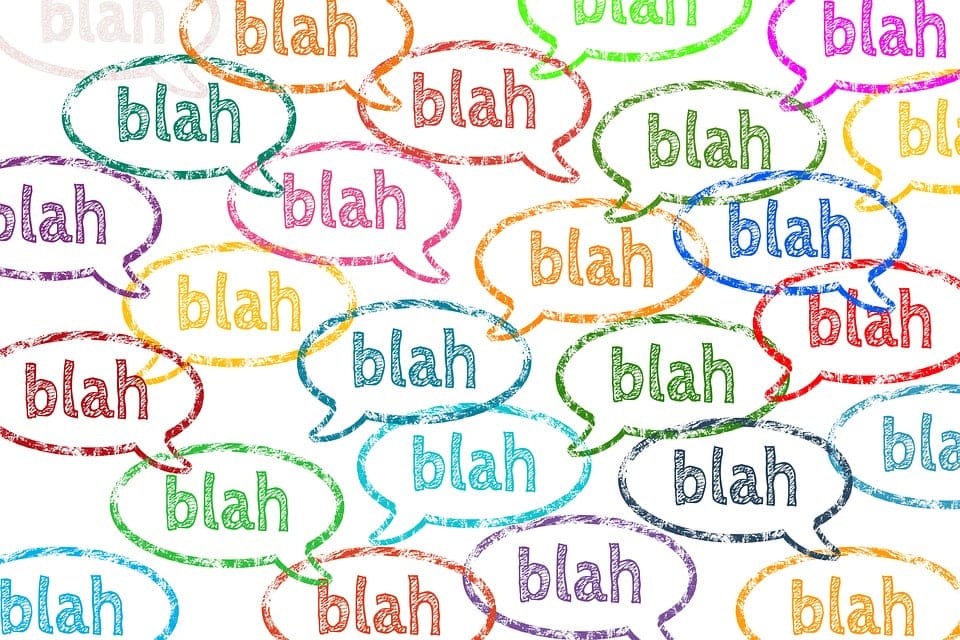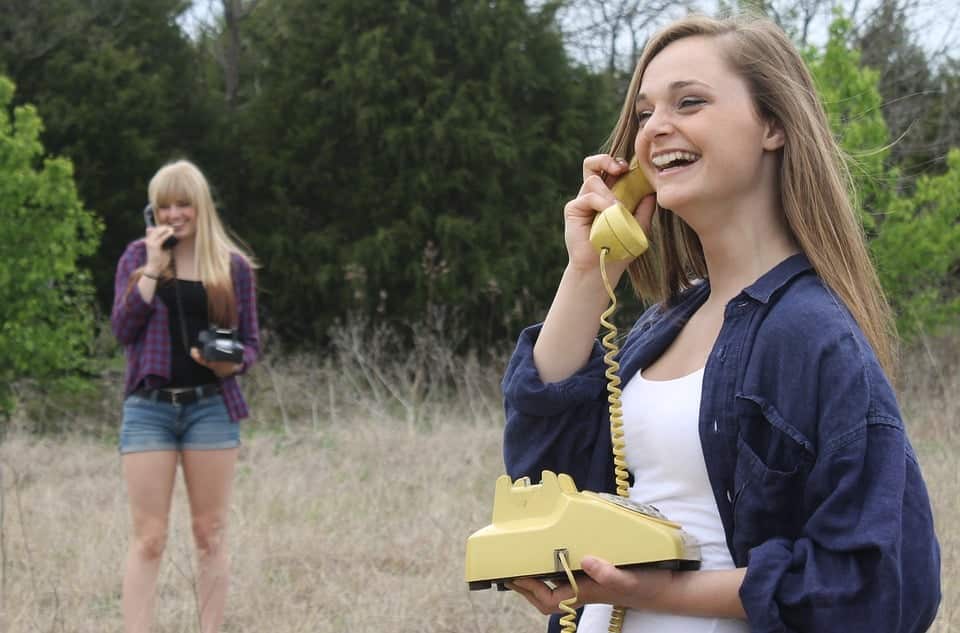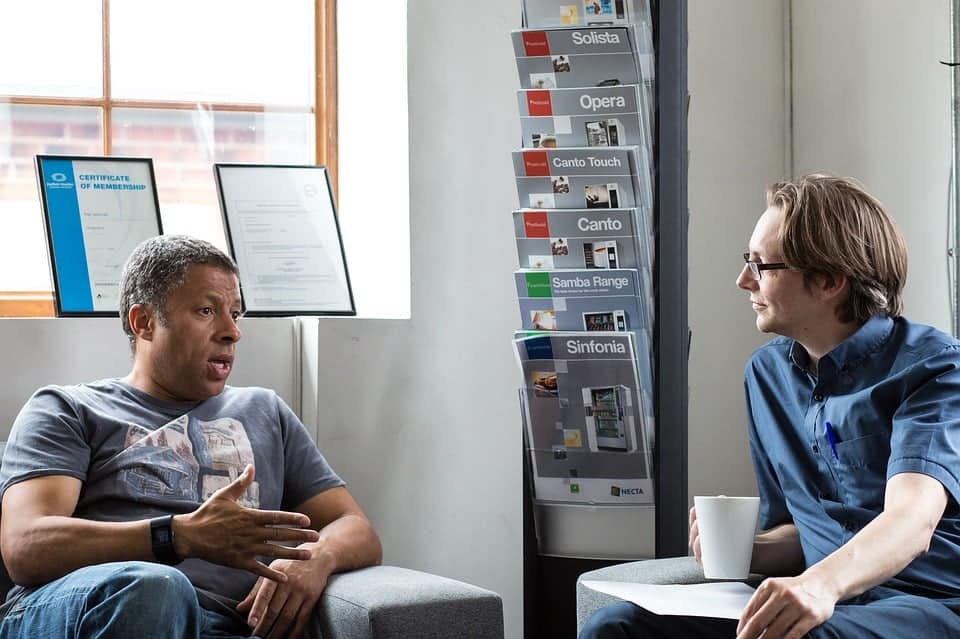“My idea of good company…is the company of clever, well-informed people, who have a great deal of conversation; that is what I call good company.’ ‘You are mistaken,’ said he gently, ‘that is not good company, that is the best.”
– Jane Austen
Conversations are fun and has been so for eons. From the time when our ancestors sat talking around a fire, conversations have been the way to bond, relax, and entertain each other. Today, despite all the technological advances, conversations remain a key to exchange of thoughts and ideas. People connect best by hearing each other’s thoughts while observing facial and body expressions that show emotions.
Conversations remain the most effective and critical tool for individuals, families, organisations, and nations to connect, collaborate and solve problems. But sadly, there is hardly any basic training or guidance available on how to converse effectively!
The Talk(ing) Competition
Table of Contents
The sad thing about today’s world is that most people approach conversations as either an opportunity or a compulsion (depending on whether you are extroverted or introverted) only to talk or articulate and rarely to listen actively. As Stephen Covey famously said,
“Most people do not listen with the intent to understand; they listen with the intent to reply.”
At a basic level, if you are extroverted, a good conversation for you is where you express yourself fully and you’d feel great after that. If you are introverted, it is quite likely that you’d feel caught at the receiving end of that expressiveness without being heard and hence may end up feeling disappointed.
So, of the two who gains much from conversations? No one. If you only talk, how will you learn and if you only listen, how will you contribute? This cycle can go on endlessly. So, how do we break it and make conversations effective as well as enjoyable for all?
The H.E.A.R. Technique
The first step for effective communication is to change our inherent approach to conversations. To not see conversation as “talking competition” but rather as opportunity to learn. We already know what we know but there are so many new ideas, stories, facts that are floating around during conversations waiting to be captured and once you understand this beautiful fact and start looking to catch those – you will enrich yourself immensely and would start “enjoying” conversations in a very different way!
Each conversation would then shift from being a compulsion to talk to an opportunity to learn new things, enrich yourself and become a better version of yourself! If you approach conversation with this mind set, you will “hear” the other person, you will “enjoy” at new things they bring to the table. You may want to “ask” them rich details to fully comprehend and finally “reflect” as how this new information fits into your existing knowledge! In essence, you need to simply –
(H)ear
(E)njoy
(A)sk
(R)eflect
(H.E.A.R.) and you will see how conversations turn to fun and act as effective learning tools, at same time!
Corporate Conversations
Conversations shape (more than any speech, presentation or top-down dictum) as well as get shaped by an organisation’s culture. In a culture where trust is major issue, people would be working with survival instincts and would operate more often from Amygdala response of brain (fight or flight) rather than the executive function (Prefrontal Cortex) part of the brain. This makes it more likely to encourage closed conversations, more people will act as resistors to good ideas and it would be difficult to get much achieved. Conversely, in a trusting culture (with embedded psychological safety), conversations would be more open and the outcome would be inclined towards co-creating.
How to Use Conversations Effectively in Corporate Set-up
In order to make best use of conversations, it is important to know precisely when to trigger them. It is advisable to clearly differentiate idea-generation and feedback time from decision-making and keep them separate. In former, the conversations should ideally flow freely and bring out every possible idea, opinion and perspective in a judgement free space. This should be followed by a decision-making session and ideas quickly converged.
Nice Guys Finish Last
When we are too nice to each other, chances are high that we aren’t having honest conversations. Most people shy away from having conversations in a conflict situation. The driving force tends to be the fear of getting your “good person” image dented, and people do their best to prevent that from happening. As a result, the ideal “output” is compromised. An organisation should be wary of this phenomenon because if this creeps in as a culture, the organisation is at a risk of losing its competitive advantage. Good organisations encourage difficult conversations and train their people to manage conflict efficiently.
The Last Word
It is time we give a good conversation its due and delve in it skilfully. Aiming to neither just be a speaker nor simply the audience. Linda Lambert summed it up beautifully
“One good conversation can shift the direction of change forever!”










